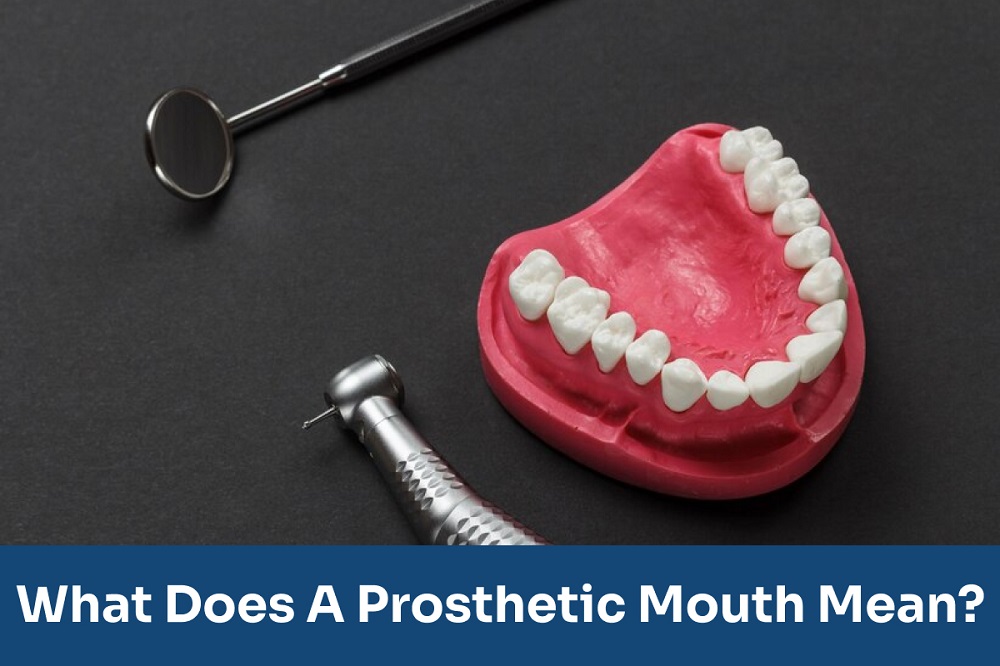

A prosthetic mouth is when certain elements from your mouth have been replaced with prosthesis to restore the normal chewing functions. Prosthetic elements include implants, bridges, crowns, veneers or dentures made to replace missing teeth or improve the appearance of damaged teeth.
Prosthesis is a term used where a few teeth are replaced with artificial teeth to make your teeth look like how they used to be. Some people choose removable options to replace their teeth like acrylic dentures or flexible dentures etc. Some may choose fixed options like fixed dentures, implant-supported dentures, fixed tooth-colored bridges, etc. Some people also opt for smile designing procedures like veneers and laminates to get a beautiful-looking smile.
Tests required to confirm symptoms / oral type
Choosing the right dental products for a prosthetic mouth can help you increase the lifespan of your artificial teeth and reduce the number of times you need to visit a dentist. If you have a prosthetic mouth you surely need different dental products to take care of your teeth. Here is what you should be using —
People with prosthetic mouth need to pay more attention to their oral hygiene, teeth, and their gum health. Choosing the right dental care products for your mouth can save you from gum diseases and cavities too (click here to know which dental products are right for you). You can simply scan your teeth on your phone (on the DentalDost App) to know if you have a prosthetic mouth.
Highlights
Dr. Amrita Jain is a practicing dental surgeon since 4 years. She completed her B.D.S in 2016 and was has been a rank holder throughout her course. She suggests “Holistic dentistry is the best dentistry”. Her treatment line follows a conservative pattern which means saving a tooth is of utmost priority and preventing your teeth from getting decayed rather than curing it with a root canal treatment. She inculcates the same while consulting her patients.Apart from her interest in clinical practice, she has developed interest in research and writing over a period of time. She states “It is my clinical experience that motivates me to write and spread dental awareness”.Her articles are well researched with a combination of technical knowledge and clinical experience.
scanO is an AI ecosystem transforming oral health for patients, dentists, corporates, and insurers worldwide

© 2025 Trismus Healthcare Technologies Pvt Ltd